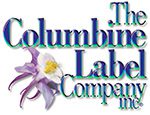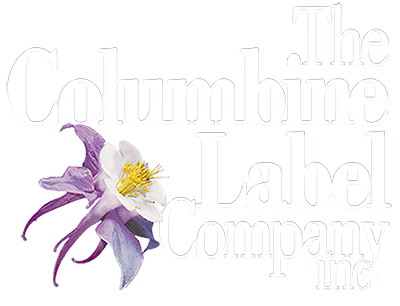Private Label vs White Label, What is the Difference?
Private label and white label products are two strategies used by retailers and manufacturers to offer their own brand products to customers. Although these terms are often used interchangeably, there are some significant differences between them.
Private Label
Private label products are products that are developed and sold exclusively by a particular retailer. In this case, the retailer owns the brand and controls the entire product development process, from conception to distribution. Private label products are designed and marketed by the brand but are usually produced by third-party manufacturers, who are contracted by the retailer to produce the product to their specifications. For example, Target’s Market Pantry brand offers a variety of private label products such as food items, household essentials, and personal care products.
White Label
On the other hand, white label products are generic products that are designed and developed by a third-party manufacturer but are sold under different brand names by retailers. In this case, the retailer is responsible for the branding and marketing of the product, but the manufacturing process is handled by the original manufacturer. White label products are often sold to multiple retailers, who then sell the same product under different brand names. In other words, a retailer purchases these products from a supplier and sells them under their own brand name. For instance, Amazon Basics offers a range of white label products such as electronics, kitchenware, and office supplies.
Customization
One of the biggest differences when comparing private vs white labeling products is the level of customization. Private label products are typically customized to meet the specific needs and preferences of the retailer. The retailer has complete control over the product’s design, features, and packaging. By developing their own brands, retailers can differentiate themselves from their competitors and build customer loyalty. Private label products also tend to be more profitable for retailers, as they can set their own prices and margins.
In contrast, white label products are often standard, generic products that are sold under different brand names. The supplier may offer some level of customization, but the retailer has limited control over the product’s design and features. White label products, offer manufacturers the opportunity to sell their products to multiple retailers, thereby increasing their distribution and sales. White label products are also easier and less expensive to develop, as the manufacturer does not have to invest in branding or marketing.
Pricing Strategy
Another difference between private label and white label products is the pricing strategy. Private label products are usually priced lower than national brands, but higher than white label products. This is because the retailer has invested in the product’s development, packaging, and marketing. White label products, on the other hand, are priced lower than both national brands and private label products. This is because the supplier can produce the product at a lower cost and the retailer does not have to invest in product development or marketing.
It is important to note that both private label and white label products can offer high-quality products to customers. The quality of these products is often comparable to or even better than name-brand products. Private label and white label products are also typically less expensive than name-brand products, making them an attractive option for cost-conscious consumers.
Private vs White Label, Final Thoughts
When comparing private vs white labeling, it is important to recognize that both have their advantages and disadvantages for both retailers and consumers. Retailers must consider factors such as customization, pricing, and brand recognition when choosing which type of product to offer. Consumers, on the other hand, must consider factors such as quality, price, and brand loyalty when deciding which type of product to purchase.
Want more info on this topic? Check out our sources below:
Sources:
- https://www.bigcommerce.com/blog/private-label-vs-white-label/
- https://smallbiztrends.com/2024/01/white-label-vs-private-label.html#google_vignette
- “Private Label vs. White Label: What’s the Difference?” Shopify, https://www.shopify.com/encyclopedia/private-label-vs-white-label
- “What is Private Labeling? How Does Private Labeling Work?” The Balance Small Business, https://www.thebalancesmb.com/what-is-private-labeling-what-are-the-benefits-398650
- “What Is White Label Manufacturing and How Does It Work?” The Balance Small Business, https://www.thebalancesmb.com/what-is-white-label-manufacturing-4160523


